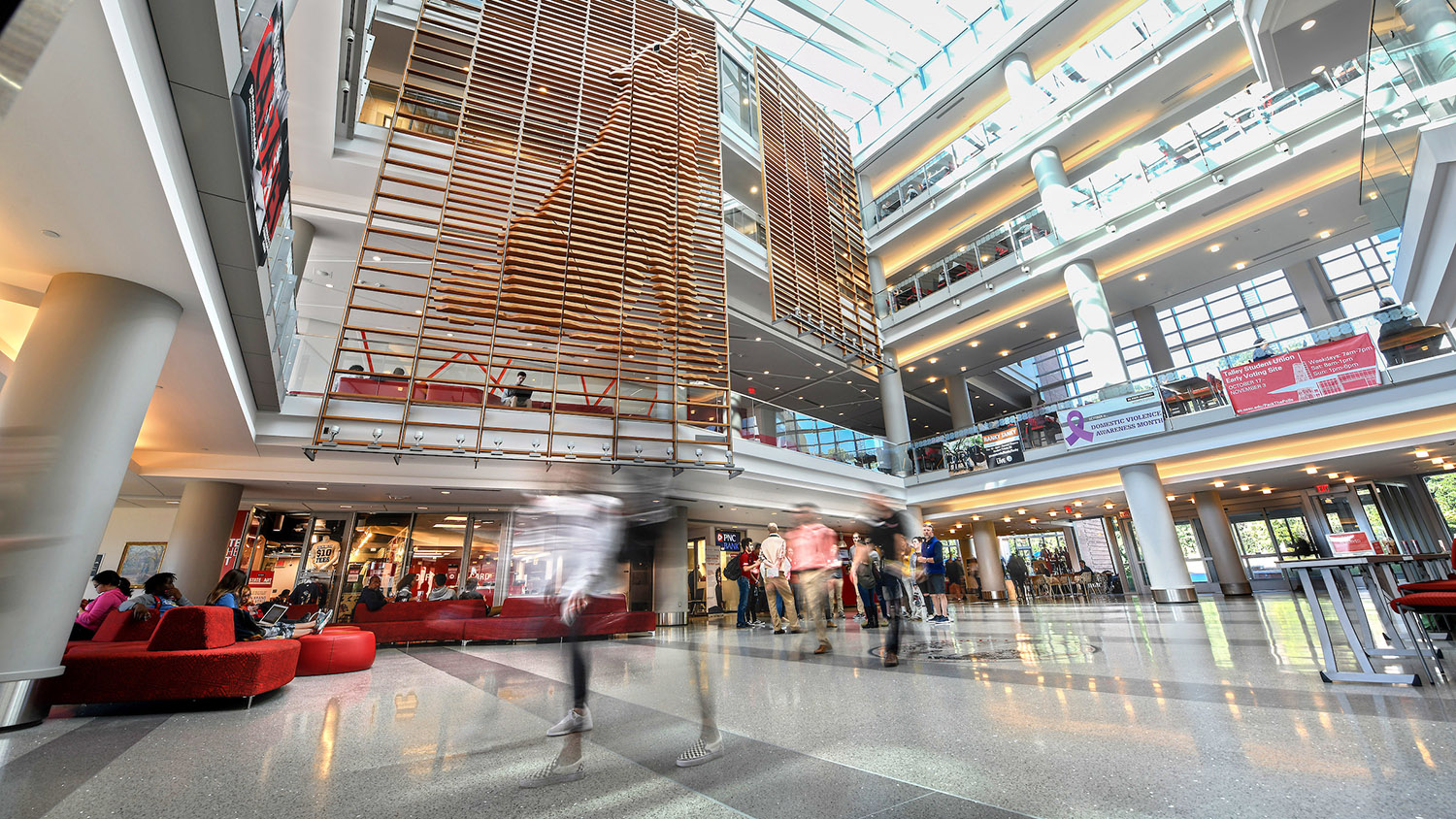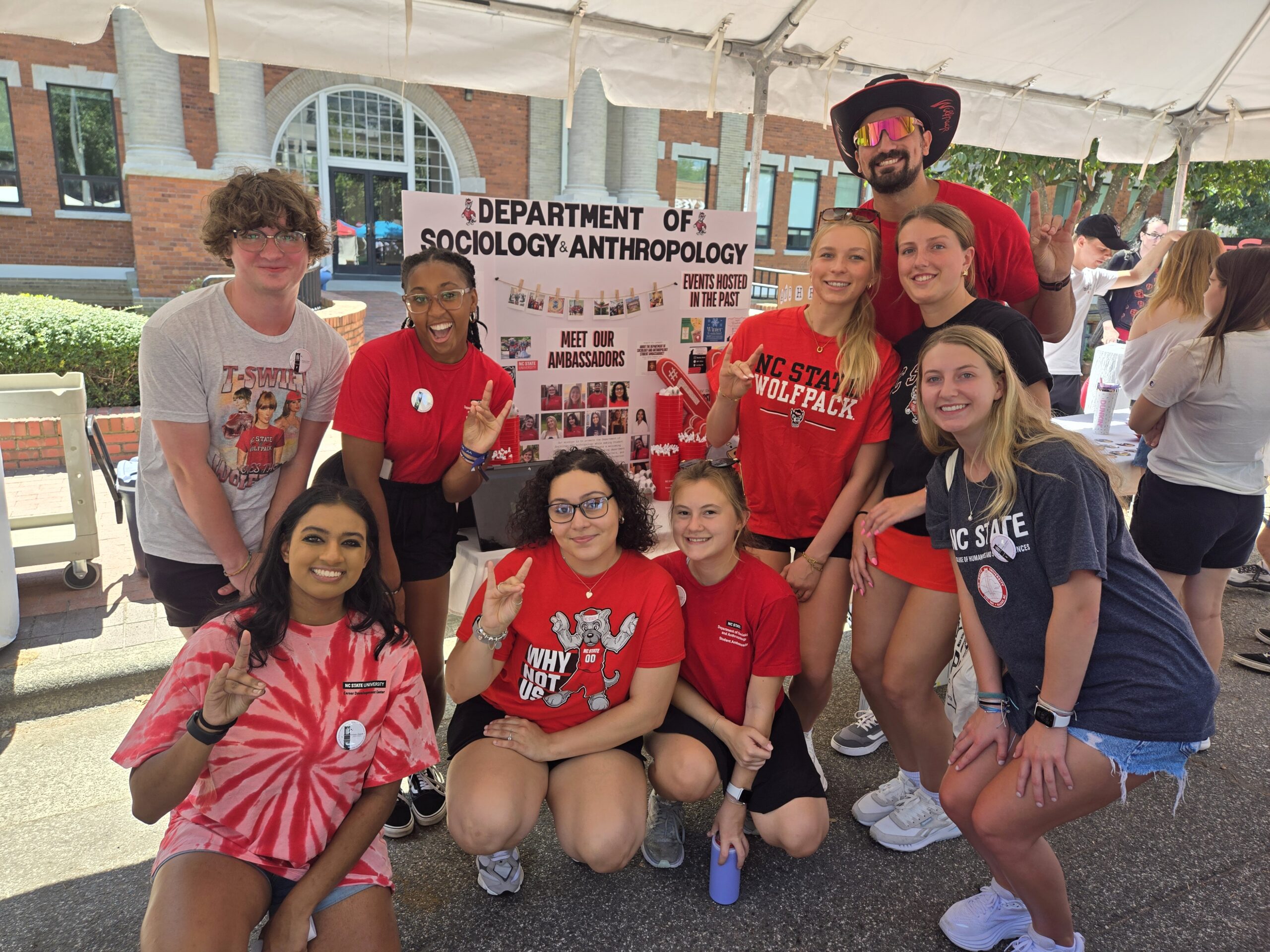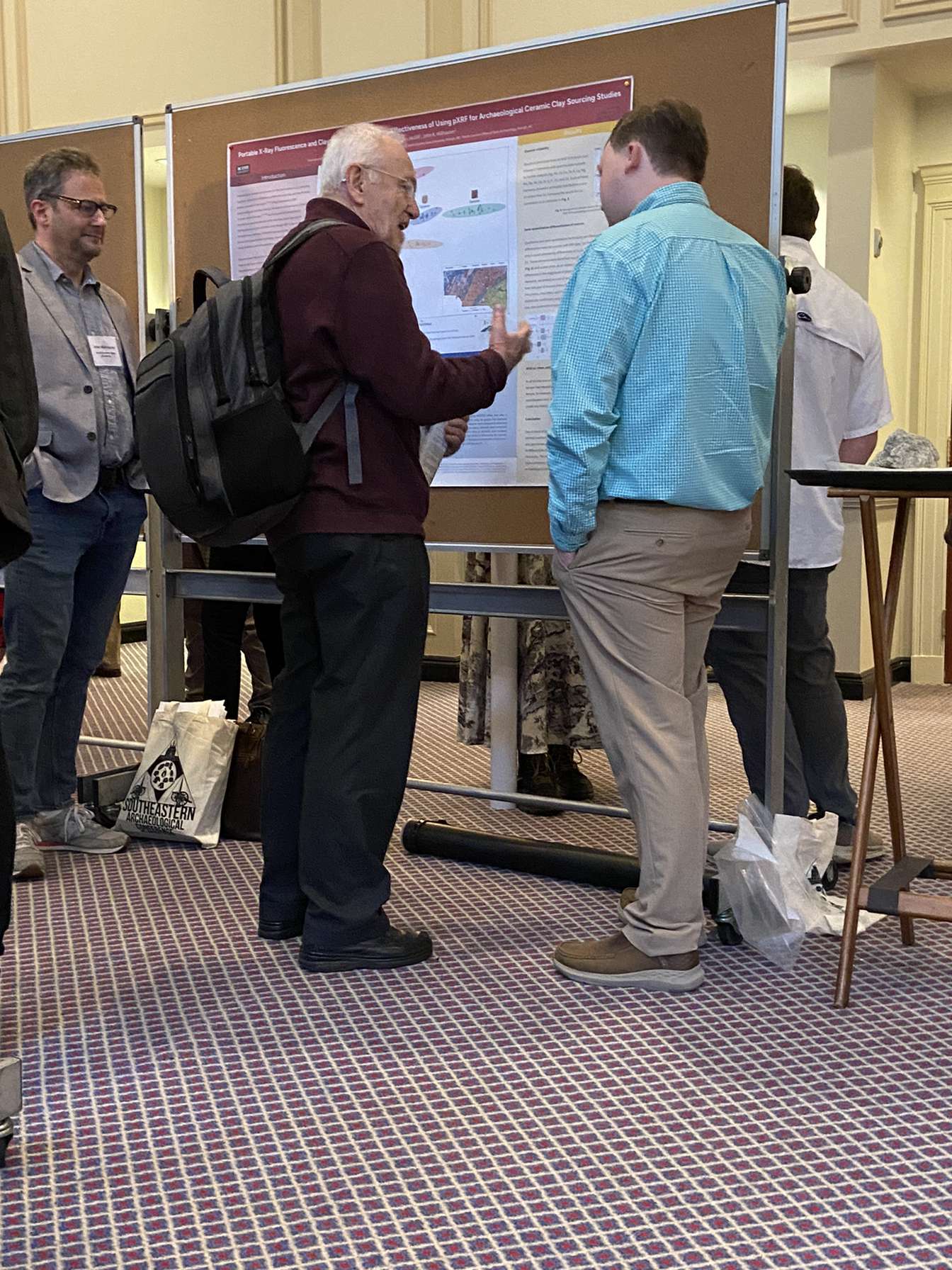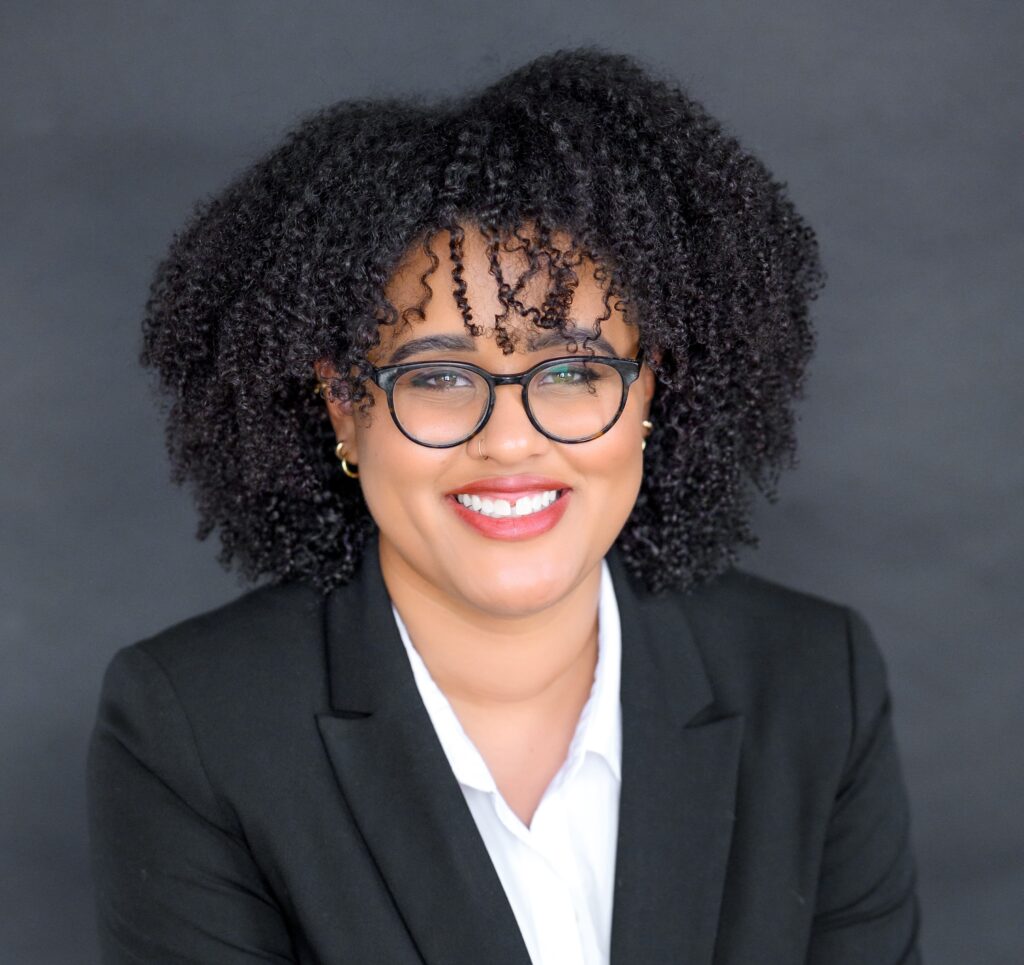Confronting Food Insecurity at NC State

This post was written by Sarah Bowen, a professor of sociology at NC State.
As a professor who studies food and inequality, I know that food insecurity is a big problem on college campuses. A 2017 survey of NC State undergraduate and graduate students found that 14% of students– one out of every seven– had experienced food insecurity in the previous 30 days, meaning they did not have sufficient access to safe and affordable food. In response, the university expanded and invested in existing assistance programs, including emergency grants for students, meal plan scholarships, the campus food pantry, and other resources for students experiencing food, housing, and basic needs insecurity. But the pandemic has exacerbated many of these problems, and a follow-up survey conducted in 2021 found nearly one out of every four NC State students had experienced food insecurity in the previous 30 days.

What can faculty, staff, and students do to help eliminate food insecurity on our campus? First, we can donate to and volunteer with the organizations that are trying to help. Food pantries like Feed the Pack, our student-led campus food pantry, have experienced increased demand during the pandemic but often have a harder time getting donations and finding volunteers. When the students in my SOC 350 (Food and Society) course and I toured the food pantry in 2019, the pantry managers told us that they not only need more donations, but donations of the kind of foods students eat. Because the food pantry allows people to “shop” for the foods they want and need, this means that some items are in more demand than others. Feed the Pack publishes a list of its most-needed (and less needed) items on its website, and it is also assigning departments to focus on one particular type of food. Our department, the Department of Sociology and Anthropology has been asked to collect ready-made meals: things like boxed macaroni and cheese or Hamburger Helper. Anyone can drop off donations in the box in the main office on the third floor of the 1911 Building, and we will take it to the food pantry. You can also bring your donations directly to Feed the Pack.
Second, we can all work to make food and basic needs insecurity– and the resources we have to combat it– more visible. Instructors can add a clause about basic needs insecurity to their syllabus. Everyone can take a look at the Pack Essentials website, to be aware of the programs that are out there. And faculty, staff, and student organizations can go a step further and become certified as “Pack Essentials Allies” by completing an online training course to increase knowledge of how to support students experiencing basic needs insecurity and connect them to resources that can help.
Food insecurity is a persistent problem, one that can affect students’ academic performance, social life, health, and well-being. However, it is also a problem that we can solve. Hopefully, students, faculty, and staff will build on and expand on the work that’s already happening at NC State to get resources to everyone who needs it and allow every student to have what they need to thrive.
- Categories:


